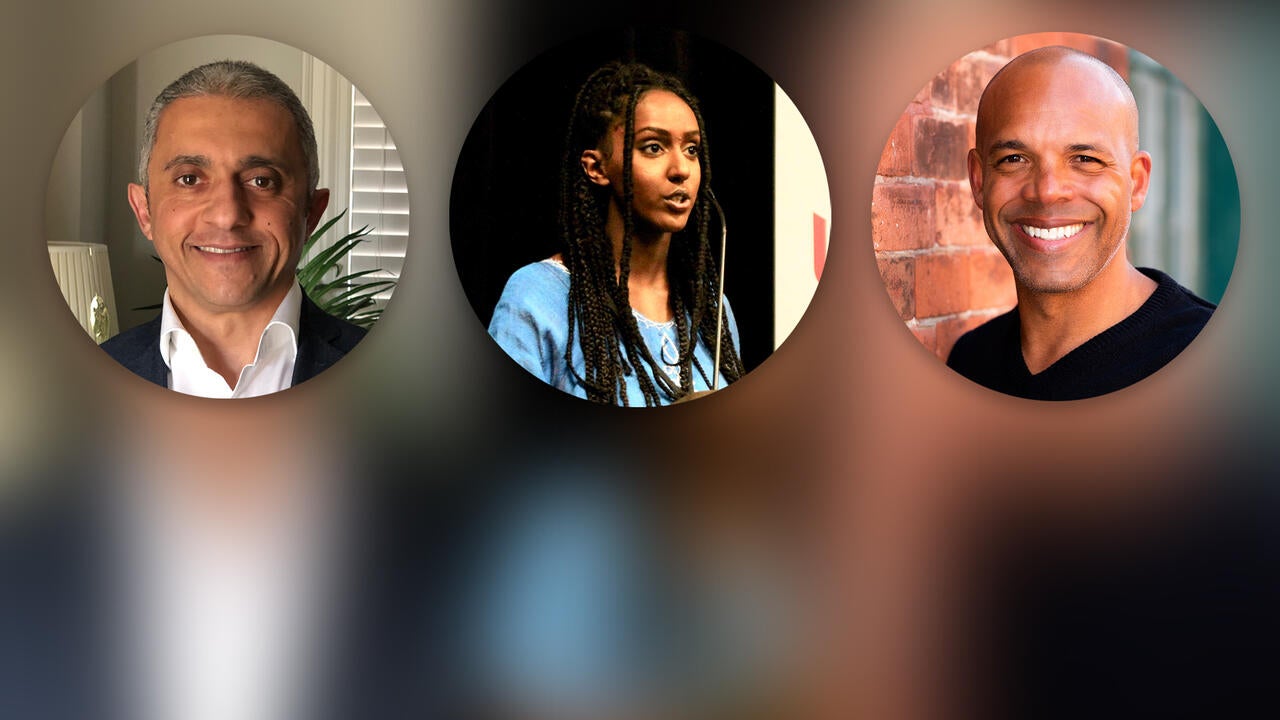
History that is hot to the touch
Today’s work will change the world

Today’s work will change the world
By Eugenia Xenos Anderson Faculty of Health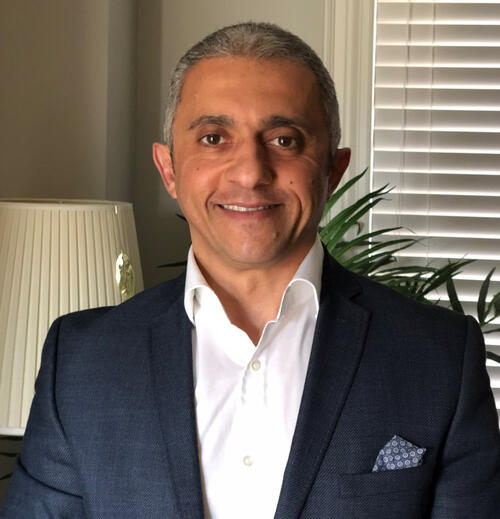
Hossam Bakir (MHE ’20)
When Hossam Bakir (MHE ’20) was working as a medical director in an upscale overseas hospital several years ago, he saw first-hand the prejudices that some top-level administrators exhibited toward Black doctors, and he took steps to stand up for the right for everyone to feel safe at work.
Today, he’s at the University of Waterloo, still working toward making the world a more equitable place in terms of race, among other things.
“This type of work is woven in my structure and DNA,” Bakir says. “I genuinely believe that racism, a social construct, only drags nations to the bottom of history. Converting skin colour and 0.1 per cent genetic differences into social hierarchy prevents nations from utilizing all inborn and gained powers and capabilities for their development and instead of using it in various forms of destruction of civilizations.”
Bakir leads the Mental Health, Ableism and Accessibility committee of the School’s Equity, Diversity and Inclusion (EDI) group, which makes recommendations to university administrators on mental health for BIPOC students. He is also a member of the President’s Anti-Racism Taskforce (PART) at Waterloo, and volunteers with the International Coaching Federation, offering pro-bono coaching to marginalized individuals and new immigrants.
“I see very little education to the younger generations about the history, damages and drawbacks of racism and values of equity and diversity,” Bakir says. He’s hoping to start a PhD in Public Health and Health Systems next year and plans to work in the field creating educational material for students and staff “so that younger generations grow up genuinely convinced that racism is a curable disease.” He also wants to work on mitigating the manifestations of racism through equitable policies and robust complaint-management systems.
How will he know when his job is done? “When we stop hearing, ‘That was not my intention’ as a reply from an offender who showed signs of micro-aggressions,” Bakir says. “And when we replace hatred with acceptance of what is different and start to look at opportunities instead of obstacles.”
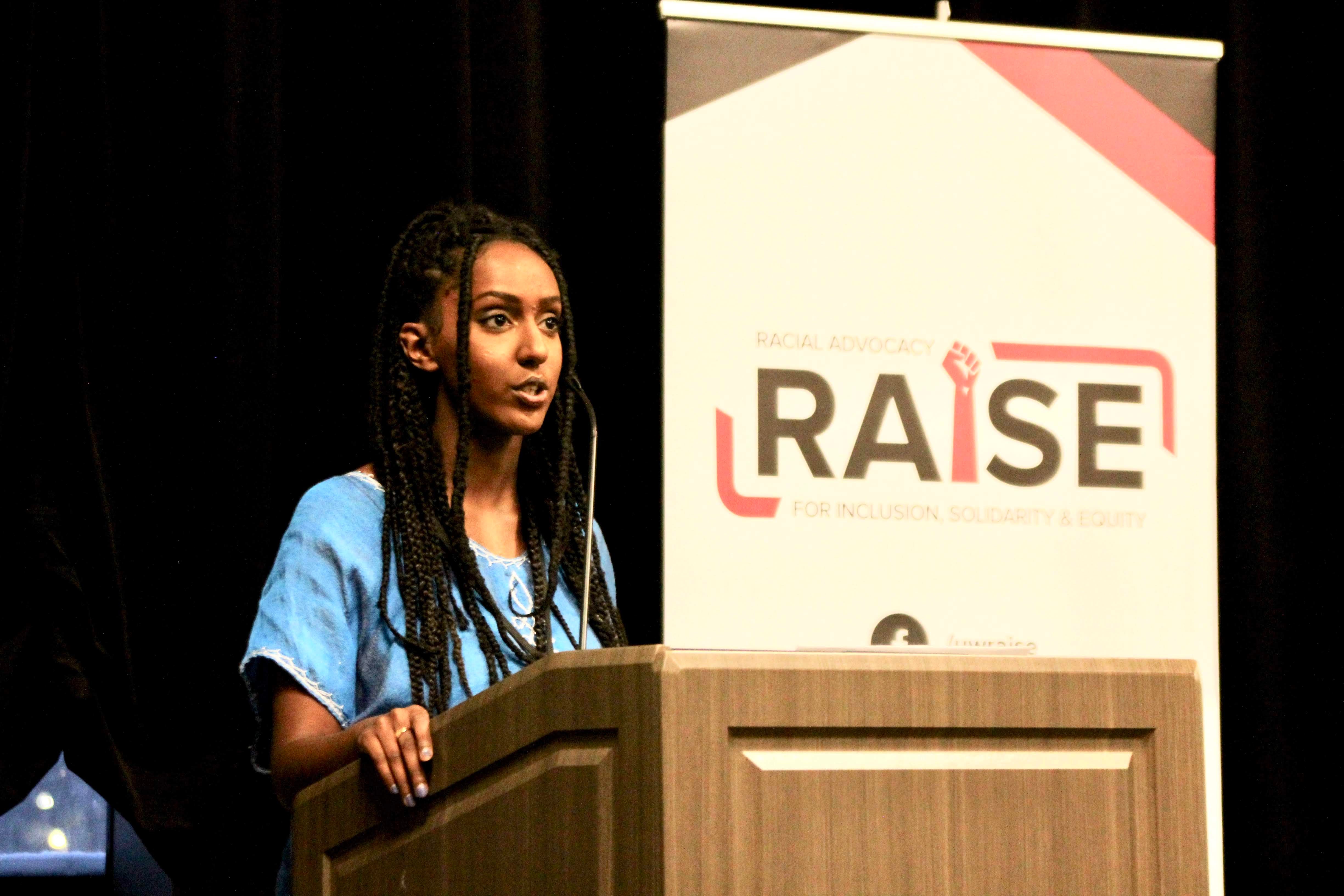
Fiqir Worku (BSc ’19)
Fiqir Worku (BSc ’19) was enrolled in the Health Studies program when she began to create spaces for racialized students on campus. This work led her to found Racial Advocacy for Inclusion, Solidarity and Equity (RAISE), the first student-run service at the University dedicated to addressing racism and xenophobia.
She is also an advisory member of the African, Caribbean, Black (ACB) Network of Waterloo Region, working on advocacy initiatives to educate the community about what defunding the police could look like.
She says COVID-19 has made it more difficult to celebrate and engage with her community in the same way she typically would during Black History Month.
“This year has made it more evident to institutions that they need to step up when it comes to anti-Black racism and that work can begin by decolonizing our education system and incorporating Black and Indigenous thought into our pedagogy,” Worku says. “But I am hopeful for what’s to come.”
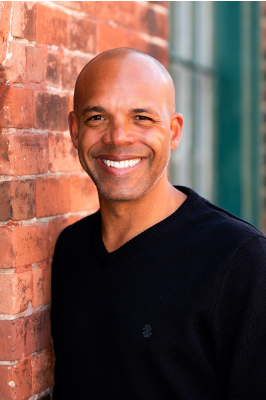
Richard Norman (PhD ‘20)
Richard Norman (PhD ‘20) also believes 2020 was a year of reckoning for most people in terms of race. When he was a Recreation and Leisure Studies PhD graduate student, his research focused on opening up dialogue toward a more socially just and inclusive world, especially in sport. He now works as an EDI consultant and as a post-doctoral fellow at Ryerson University, exploring notions of EDI within the commercial sports industry. He is also a member of the Black Faculty Collective at the University and sits on the sports and entertainment committee for the BlackNorth Initiative.
“It’s not like I necessarily always had a passion to get into this type of work, but it’s my lived experience, and I didn’t realize how much I was engaged with it until probably what happened last summer,” says Norman.
“It was a definitive reckoning for everyone. For myself, I had to attend to how much emotion I’ve pushed to the side in my life because race in Canada is not something we talk about. It was about me reflecting on the code-switching, the times that I was quiet in meetings because of my position as a Black man, and so on. But my son is now older, and I see him being active in this space and I don’t want him to deal with these questions later on in his life.”
He knows there is a need for discussion around race in Canada. “It’s shocking how little we know about Canadian Black history coming up through the educational system, and we can’t confine it to one month of celebration. Still, it allows us to focus on promoting the engaging, energizing, and impassioned stories that will help advance this notion of Blackness in Canada.”
In fact, Norman believes that storytelling, even more than data and numbers, can help us achieve equity and equality. “Part of the work I’m doing is centred on race, but also on whiteness and colonialism. For me, the focus on measurement, success rates and best practices, is a very Western ideal on how to accomplish something. We have to move away from putting diversity as a line item in organizations, for example, and instead embed it in its fabric so that it’s always under consideration, always part of the organizational culture, rather than having it as an add-on. Stories give us the richness and depth often needed to understand issues from the Other’s perspective.”
Norman says that stories about Black people that celebrate achievements and accomplishments, rather than trauma, provide more meaningful information and can help us create a vision for what we want the future to be. However, it is critical to reflect on the past to understand our present in order to build a desired future.
“We need to ask ourselves: How do we tackle these really important, systemic issues, and what is my role in that? How can I contribute to this conversation? What happens beyond the notion of representation? Everyone recognizes that it’s a long road to go down, but what does that future really look like?”

Read more
Here are the people and events behind some of this year’s most compelling Waterloo stories
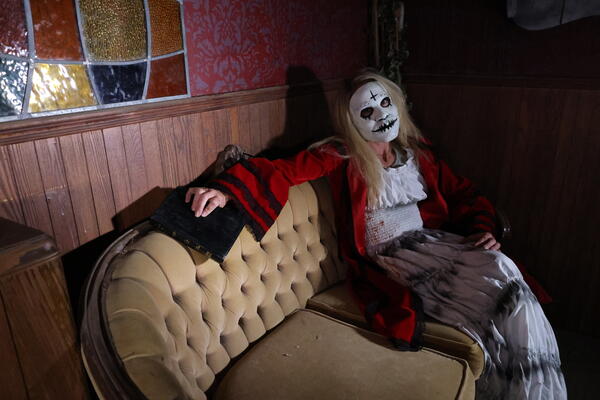
Read more
From pumpkin patches to haunting nightmares, a proud Waterloo alum shares how Snyder’s Farm evolved into one of Ontario’s final destinations for Halloween

Read more
Meet five exceptional Waterloo graduate students crossing the convocation stage as Class of 2025 valedictorians
The University of Waterloo acknowledges that much of our work takes place on the traditional territory of the Neutral, Anishinaabeg, and Haudenosaunee peoples. Our main campus is situated on the Haldimand Tract, the land granted to the Six Nations that includes six miles on each side of the Grand River. Our active work toward reconciliation takes place across our campuses through research, learning, teaching, and community building, and is co-ordinated within the Office of Indigenous Relations.